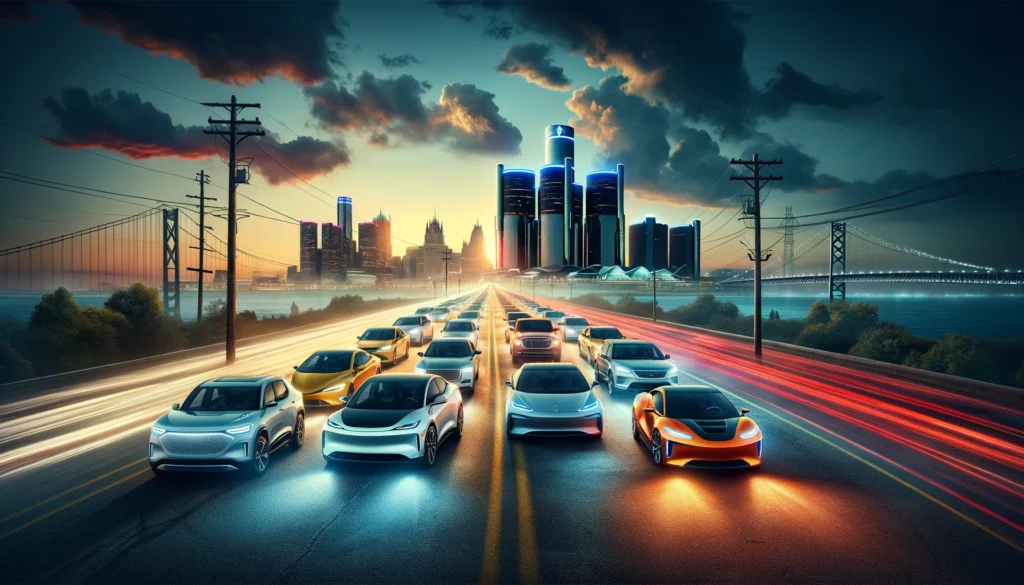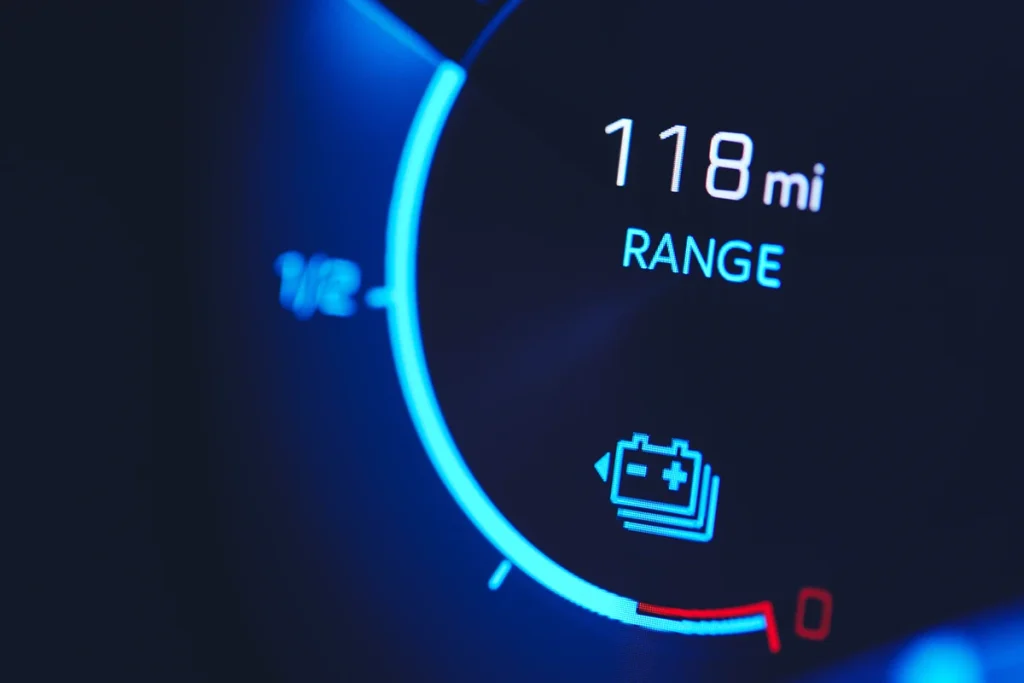Enthusiasm for electric vehicles (EVs) is diminishing after years of heightened excitement within the automotive sector. Initially, the industry witnessed a surge in optimism, with car manufacturers presenting ambitious EV sales projections and setting high goals for electric vehicle expansion. This optimism led to increased valuations by Wall Street for both traditional automakers and new market entrants, driven by their electric future visions.
However, this excitement is now cooling off, with a renewed emphasis on offering consumers a variety of choices. Major automakers like Ford Motor, General Motors, Mercedes-Benz, Volkswagen, Jaguar Land Rover, and Aston Martin are either scaling back on their electric vehicle initiatives or postponing them.
Tesla, the leading EV manufacturer in the U.S. with a 55% market share of EV sales in 2023, is also preparing for potentially slower growth, as stated by CEO Elon Musk in late January.
Automakers are shifting towards a diversified vehicle lineup, including gasoline, hybrid, and electric vehicles, though they still envision an eventual transition to electric vehicles, albeit at a slower pace than previously anticipated.
Marin Gjaja, the COO of Ford’s EV division, remarked in a CNBC interview that the EV market experienced a temporary surge in demand during 2021 and 2022, which is now growing at a slower rate than expected. Ford is increasing its production of hybrids, aiming to facilitate a smoother transition to electric vehicles and to comply with stricter emission standards.
GM, pioneering among traditional automakers in committing to EVs, is planning to introduce plug-in hybrids along with electric and gasoline vehicles. Other companies, including Hyundai Motor, Kia, Toyota Motor, and potentially Volkswagen, are planning to offer various levels of vehicle electrification.
Despite the reduction in consumer demand for EVs, sales are still projected to rise in the future. U.S. EV sales hit a record 1.2 million units last year, making up 7.6% of the national market, with expectations of reaching 30% to 39% by the end of the decade.
The automotive industry had anticipated a smoother transition to EVs, influenced by Tesla’s success and the rise of ESG (Environmental, Social, and Governance) investing. Automakers set ambitious EV targets, with some planning to go all-electric within the coming decades. However, there’s been a noticeable change in their approach, with a focus on monitoring consumer adoption and regulatory developments.
Cadillac, for example, remains committed to an EV future but has not committed to discontinuing gasoline models by 2030. Ford, aiming for significant electric sales in Europe and North America, has adjusted its targets and is focusing on hybrids and plug-ins in the U.S.
Porsche remains adaptable in its manufacturing strategies, aiming for EVs to constitute 80% of its sales by 2030, but is open to adjustments based on market developments.
Toyota, which has long advocated for a diverse vehicle lineup, is expected to benefit from its strategy, emphasizing hybrids, plug-ins, EVs, and hydrogen fuel cells.
The automotive industry’s enthusiasm for EVs was initially fueled by early adopters and low interest rates. However, challenges such as increased interest rates, rising raw material costs, and a lack of charging infrastructure have led to a reassessment of EV adoption timelines.
The U.S. has an oversupply of EVs, highlighting the mismatch between ambitious industry expectations and consumer readiness for electric technology.
Looking ahead, the industry’s approach to EVs may undergo further changes, influenced by political pressures and the need to meet evolving emissions and fuel economy standards. Automakers are recalibrating their strategies to navigate the complexities of transitioning to an electric future while addressing immediate market realities.


